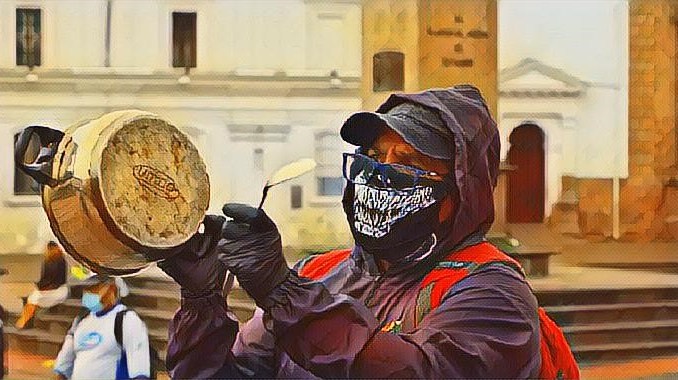
The reduction of working hours and wages are the issues that generate disagreement in organizations.
Workers protest against measures taken by the Government and the National Assembly to keep jobs during this coronavirus crisis.
These actions include adjustments to current employment contracts and in the event of force majeure, reduce the workday for two years. This last aspect implies a reduction of the worker’s salary, as well as of the contributions to Social Security, which generates discontent among the workers.
For this Monday, May 18, the Unitary Front of Workers (FUT) and the General Union of Workers of Ecuador called for demonstrations against labor flexibility under the slogan «Employment yes, slaves no».
The president of the FUT, Mesías Tatamuez, warned with a demand of unconstitutionality for the so-called Humanitarian Law. But the legal framework for the business sector is a step to sustain and generate employment.
According to the president of Fedexpor, Felipe Ribadeneira, the text approved in the Humanitarian Law facilitates the agreement between employers and workers to adapt to a new productive reality and inject liquidity.
This legal framework contemplates that for a year there will be no increase in rates for basic services, nor for telecommunications or the Internet. And the Government will set the prices of food and beverages that are part of the basic basket for this 2020.
In addition, all the entities of the financial system, credit card issuers and those whose business is to give credit, must make agreements with their clients to reschedule the collection of unpaid monthly installments.
Source: El universo, social networks


Be the first to comment